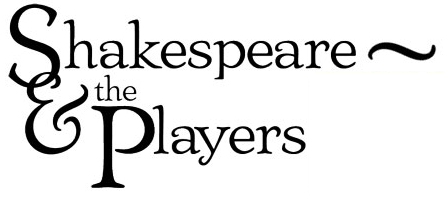(1860-1917) William Haviland began his long association with Shakespeare in 1882 when he joined the company of Sir Henry Irving; until he left Irving in 1895, he performed a number of parts, major and minor, in the thirteen years he played and toured with Irving. After a tour in South Africa, he joined Johnston Forbes-Robertson and then Martin Harvey for his sixth tour of America in 1902. In 1903 he joined Beerbohm Tree’s company and remained with him until 1905;Read more
Posts tagged: #richard ii
Sir Francis Benson
(1858-1939) While at New College, Oxford, Benson produced Agamemnon, the first play to be performed there in the original Greek. In 1882, he made his first professional appearance at the Lyceum Theatre, London—then under the management of Sir Henry Irving—playing the role of Paris in Romeo & Juliet. The next year, he formed a company of his own. In 1886 he married Gertrude Constance Featherstonhaugh (1860–1946), who acted in his company and played leading parts with him. Benson continued toRead more
Henry Bolingbroke (Henry IV)
Bolingbroke (the eventual Henry IV) is son of John of Gaunt, and a major character in Richard II. He is also the titular character in the sequels to Richard II, the two parts of Henry IV.Read more
Queen Isabella
Queen Isabella is a character in Richard II.Read more
Richard II (Character)
King Richard II is a character in Richard II.Read more
Sir Herbert Beerbohm Tree
(1853-1917) Born in 1853, Tree’s real name was Herbert Draper Beerbohm. He assumed his famous stage name in the 1870s. After a string of performances, he joined Frank Benson’s company in 1886, where he played Iago before going on to London and the Haymarket Theatre where he eventually became the manager. “He elevated the Haymarket’s status as a Shakespearian playhouse, and his productions of The Merry Wives of Windsor (1889), Hamlet (1892), and Henry IV, Part 1 (1896) earned himRead more
Richard II
This royal throne of kings, this sceptred isle … This blessed plot, this earth, this realm, this England (2.1) In Richard II, anger at a king’s arbitrary rule leads to his downfall—and sets in motion a decades-long struggle for the crown that continues in several more history plays. The play begins as Richard’s cousin, Henry Bolingbroke, charges Thomas Mowbray with serious crimes, including the murder of the Duke of Gloucester. Bolingbroke’s father, John of Gaunt, privately blames the king for Gloucester’sRead more
